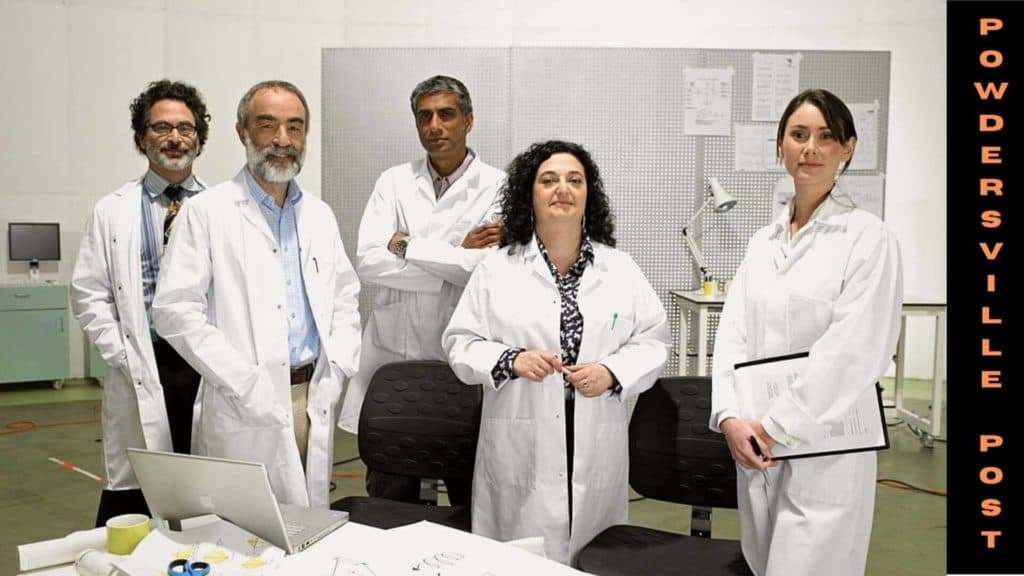Study Advances Knowledge About Lymphatic Vessels Feeding The Heart
Nikki Attkisson | Last Updated : January 17, 2022A study conducted by a group of scientists from the University of North Carolina (UNC) School of Medicine could be game-changing in the advancement of the understanding of lymphatic vessels.
Study Advances Knowledge About Lymphatic Vessels Feeding The Heart
In this study, the protein called VE-cadherin was identified to be playing a key role in the proper and healthy maintenance of lymphatic vessels that serve in the proper functioning of the heart. Along with this, it was also found that the lymphatic vessels have various specialized functions in different body parts and organs.

Lymph is a kind of clear fluid that contains various important molecules and nutrients along with immune cells and fluid and the function of lymphatic vessels is to carry the lymph back, from the organs and tissues to the bloodstream.
The tools for observing the distinct roles the lymphatic system plays in different body organs had come to the knowledge of scientists and researchers through much of such modern research. Similarly, This research would further help in increasing the understanding of lymphatic systems and their role in different parts of the body.
In this research, which was published in Circulation Research, Natalie Harris and Natalie Nielson, UNC-Chapel Hill graduates, through their experiments found that deletion of VE-Cadherin in newborns, and for that matter, even in adult mice, seriously regressed their cardiac lymphatic vessels.
This observation, in itself, was path-breaking in showing the importance of VE-Cadherin in the maintenance and proper working of the cardiac lymphatic system.
It was observed during the research that on the deletion of VE-Cadherin from lymphatic vessels of newborn and adult lab mice, the lymphatic vessels in the hearts of such mice regressed and ultimately completely disappeared. The deletion also led to causing hindrances in the normal working of such vessels.
The mice used in the research were so engineered that VE-Cadherin could be selectively deleted from such lymphatic cells at the time decided and chosen.
An interesting observation was seen by the scientists that even after the regression and eventual disappearance of lymphatic vessels in the heart post the deletion of the protein, Ve-Cadherin from it, such loss had no association with worsened function of heart impaired due to experimentally induced heart attack.
The research also enabled researchers in identifying the various molecular pathways and signals that VE-Cadherin makes use of, in exerting such maintenance effects.
Senior author of the study, Dr. Kathleen Caron, Ph.D., who is also a professor and chair in Department of Cell Biology and Physiology at UNC, informed that, while everyone was of the assumption that the cardiac lymphatic vessels would play a critical role in the prevention of abnormal building up of fluid in the heart post-injury, the study suggests otherwise.
This research also brought with it cardiac-lymphatic deficient mice as a new model for understanding the role carbon lymphatics play in heart functioning normally and its repair post-injury. The findings that they got were completely unexpected and surprised the researchers.
While as per previous studies, it had been postulated that increasing cardiac lymphatics artificially during the experiment could improve the functioning of the heart post a heart attack and popularly assumed by the scientists that the same was due to prevention of fluid buildup and swelling i.e. edema, Caron informed, the mouse model experiment in this recent study shows that prevention of cardiac edema might not be the primary function that cardiac lymphatic vessels have, post-injury.
It was also observed that on comparing the hearts of mice with normal cardiac lymphatics and those having almost no lymphatics, the mice having hearts with almost no lymphatics also appeared to be beating, and pumping normally with no accumulation of fluid and swell-up was observed.
This was a surprising and unexpected observation from the research as researchers had already demonstrated VE-Cadherin deficient cardiac lymphatics couldn’t function normally at baseline while after this experiment, the observation came that hearts which are lymphatic deficient functioned similarly to those with normal lymphatics.
Based on such new findings, Caron along with the co-researchers, informed that they have plans to explore whether these lymphatic vessels play any other important function to support the heart. The lab would now be focused on investigating the various potential immune-related functions that cardiac lymphatic vessels may play.
With over 15 years as a practicing journalist, Nikki Attkisson found herself at Powdersville Post now after working at several other publications. She is an award-winning journalist with an entrepreneurial spirit and worked as a journalist covering technology, innovation, environmental issues, politics, health etc. Nikki Attkisson has also worked on product development, content strategy, and editorial management for numerous media companies. She began her career at local news stations and worked as a reporter in national newspapers.
